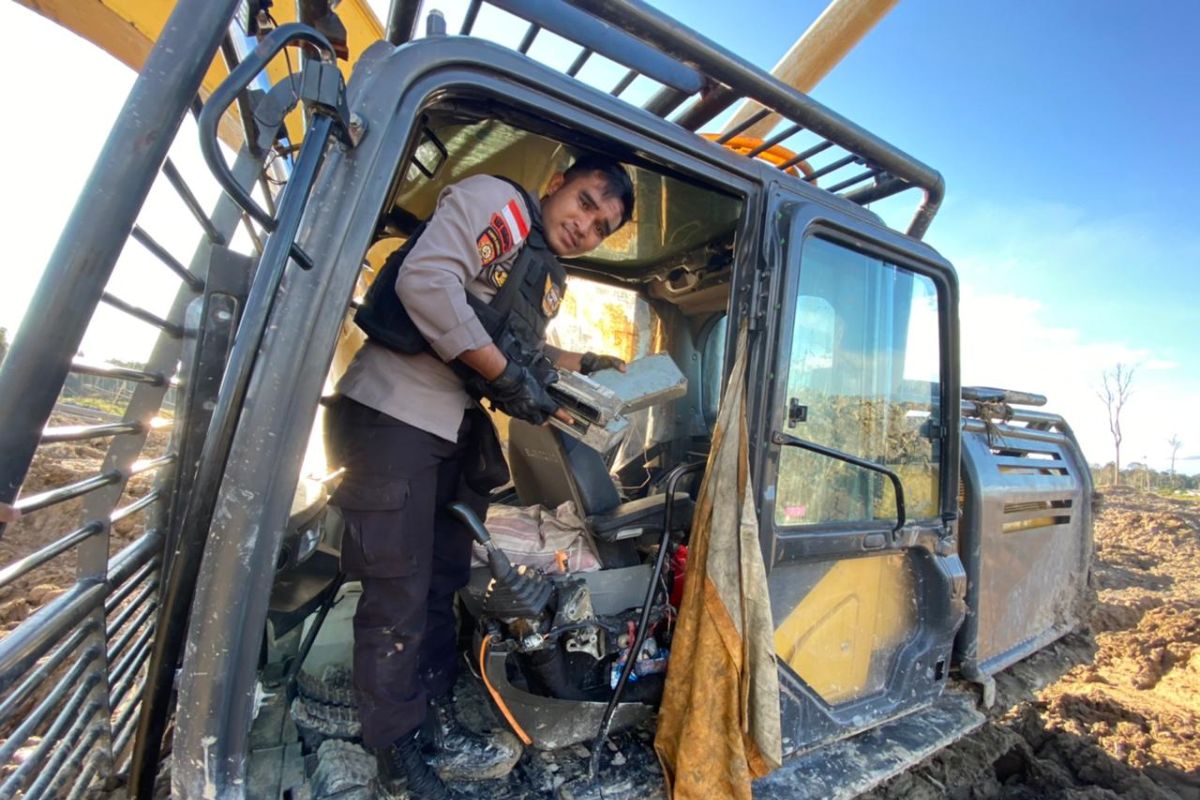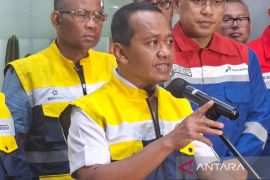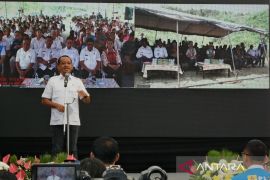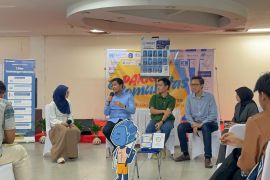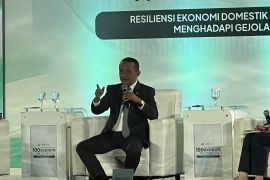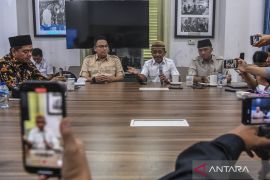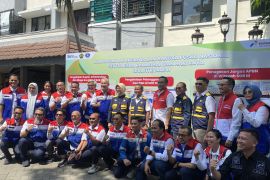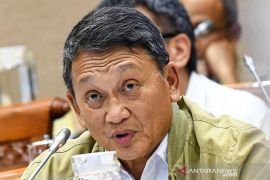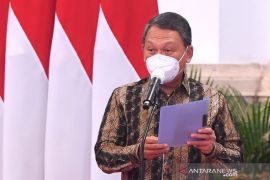Moreover, the activities make the state to lose its income from the Non-Tax State Revenue and Regional Tax Revenue.Jakarta (ANTARA) - Mining activities without permits are acts of crime, and the Indonesian Government will continue to crack down on them, according to Energy and Mineral Resources (ESDM) Minister Arifin Tasrif during a webinar on Wednesday. The rising market prices of mineral and coal commodities over the past year has increased illegal mining activities conducted in various regions of Indonesia, such as East Kalimantan, South Kalimantan, Bengkulu and South Sumatra.
The government noted there are 3.7 million people conducting illegal mining activities at 2,741 locations, with 133 locations inside the Mining Business Permit Area (WIUP) and 480 outside, while 2,128 locations have not been identified.
"Therefore, the ministry will identify the locations with the local ESDM Office and the police," Tasrif affirmed, noting illegal mining can damage the business activities of official permit holders.
Such activities can also endanger the safety of workers, as they do not follow the rules of proper mining and have the potential to cause environmental damage, including floods, deforestation, landslides and reduced soil fertility.
Illegal mining could also lead to social problems and security disturbances.
"These activities reduce the state’s income from the Non-Tax State Revenue and Regional Tax Revenue," Tasrif added.
These losses are estimated to equal half of the Non-Tax State Revenue gained by the ministry’s Mineral and Coal Directorate.
Therefore, Commissioner General Agus Andrianto, Head of the Criminal Investigation Unit of the National Police, said his party has drafted preemptive, preventive and repressive strategies to handle illegal mining.
The first strategy is being carried out by the police, in collaboration with the ministry, which involves conducting an inventory of illegal mining locations, as well as offering advice to the public about the environmental impact of such activities.
In addition, the preemptive strategy will also involve the Environment and Forestry Ministry to provide guidance to miners on the use of eco-friendly and simple mining technologies.
Furthermore, the preventive strategy will involve the monitoring of the entire process chain of mining, from the issuance of permits, to production, to distribution.
The police will also patrol mining sites, place restrictions and give warnings on potential illegal mining locations.
Meanwhile, a stricter strategy will be implemented by resolving conflicts that arise, by prioritizing the use of local wisdom.
Law enforcement will be used as the last resort against perpetrators who have the potential to cause casualties, environmental damage and loss of state assets.
In addition, the police will take firm action against law enforcement officers and bureaucrats involved in protecting the perpetrators of illegal mining.
Translator: Sugiharto Purnama, Uyu Liman
Editor: Rahmad Nasution
Copyright © ANTARA 2021
